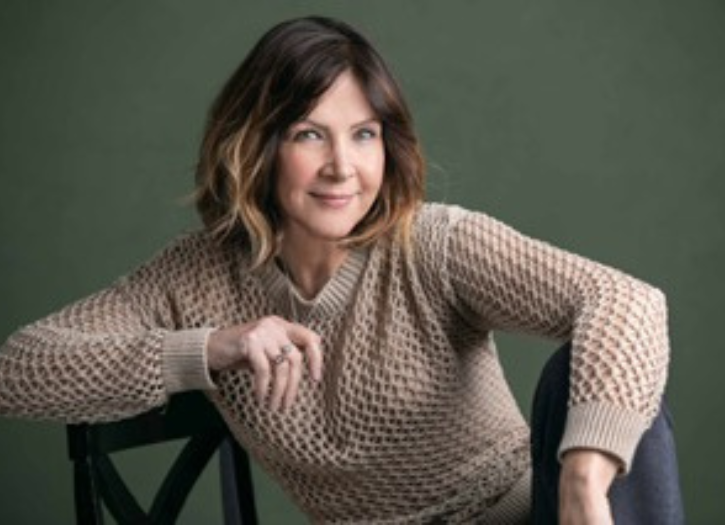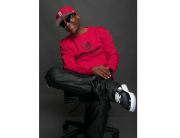Over recent years there have been many shows on TV about adoptees and birth families finding one another. It makes heartwarming watchable TV. Who doesn’t love a story about loss and reunion, witnessing mothers and adult children hugging for the first time in front of a national audience?
These TV shows end the story on the day that the families are reunited. Job done, the producer probably thinks, for he has captured on camera the life changing moment for all concerned – now they can all walk into the sunset together and live happily ever after.
But what does happen years after reunion? There are no actual statistics on that, it is too hard to really gauge and know the outcome of all reunion stories years down the road. We do know that 90 to 95% of contacts lead to reunion. We also know that many reunions can break down as the primal feelings and loss rise to the surface.
Many birth mothers have lived with the shame their whole lives, not telling people they have had children, some coerced particularly in the ‘forced adoption era’ and the baby scoop era’ from 1950 to 1970’s. Consequently those reunions can still be a secret.
All I can share with you is my own experience as an adoptee in reunion with both sides of my biological family. I am not alone. I have heard so many stories in my years as part of the adoption community, attending workshops and conferences. I have listened to hundreds of stories of reunion.
I was born and adopted in the UK. I reunited with my birth mother and family when I was 24 years of age. It wasn’t until the age of 51 that I finally found my birth father from Rome living an hour away from me in New Jersey by matching with a sibling on ancestry DNA.
What I have learnt about reunion over the years is that reunion is when the grieving starts. Just the very act of trying to find out information brings it to the forefront. I had no clue when I met my mother because there was no one there to explain back then what the impact of this would do to us all emotionally. And even years later when meeting my father, the knowledge and experience I then had did not make the feelings any less painful .
At 24 years of age, I had an expectation that my mother could fix my loss, and I know that she had an expectation too. How could we not?
There is a wonderful honeymoon period that happens during initial contact. I felt on a high and hopeful, but I was in for a surprise. Once the excitement wore off, reunion brought up the anger, the loss, and the reality of years gone. I felt the deep rage surface towards her parents for not being supportive and to my birthmother for agreeing to give me away. I felt anger at my adopted parents keeping my biological mother away from me. I was angry at the adoption industry for expecting human beings to be OK with this.
I found out that my birth mother and I had been living at times almost side by side. we could have walked past one another on the street. None of this made any rational sense. Who was the secret for?
Adoptees and birth mothers are told the same thing, it makes no difference who your parents are, the baby will be loved and won’t know the difference. Get on with your lives and be grateful. Adopted parents are told they are as good as a biological parent, and the baby will adapt.
When I met Pat my birthmother, I had not yet attended support groups or even read a book on the topic. I had never told anyone my deep desire to want to know. I was scared of being rejected by my adopted parents, by friends and by society if I told them.
So, I was in for quite a surprise about reunion and its reality. The first few times that I met Pat and my siblings in person I barely made it out of her house without breaking down. I had felt too vulnerable to let them see me this way. As I drove home, I howled with a grief and pain that I had never allowed myself to get in touch with. There was no putting the lid on it anymore. Pandora’s Box was open.The sound that came out of me was like that of a baby wailing. I drove with tears streaming down my face, my body shaking with the amount of energy that was finally being released. In some moments it felt good, for this was the truth, this was what I had pushed down.
Adoptees are not allowed to grieve and grieve we must, or we will act out in ways that destroy us. I did not learn until years later that reunion is when the grieving starts. I wish that I had known, to be warned this would automatically happen to my body.
I lived a double life for two years, too afraid to tell my adopted mother for fear she would be devastated and more worried that she would reject me. My anger grew towards Pat as she did not understand at that time why I could not start afresh with her as if no years had passed. My grief was hard for her, and she had her own.
Consequently, as I later learnt this happens often – in reunions our relationship broke down. I was no longer allowed to see my siblings.
If both parties are not aware of what is happening – that the birthmother reverts to being that teenager and the adoptee to that baby both begging the other to fix one another – then it cannot work.
I felt another betrayal, being lied to by the system. I was supposed to feel whole now? Isn’t that what happens in the movies?
I moved to the United States and began to do therapy. I immersed myself in conferences and groups.
I reached back to my birth mother for I knew that I could not bear to live without them all in my life. We began to talk, and I began to understand. I had to do the work on myself, no one could do this for me, too many years had gone by that I had lost, and no one could bring that back.
I started listening to birthmothers and I was able to hear their stories. The anger slowly began to subside. This has taken years; I found there are no shortcuts.
I have now known my birthmother for 36 years; she has been in my life now longer than she wasn’t. We have had to work on this relationship and learn to listen to one another. I have had to learn to forgive her.
I can still feel like an outsider. There have been family emergencies and gatherings where it is apparent I am not fully part of this family. But I can talk about it today. I can tell them I felt hurt, that I don’t know what my role is at times.
I am an aunt to three beautiful nieces, and this brings me such deep joy.
In 2016 I met my birthfather for the first time after years of searching. Vittorio was from Rome, and I am from London, and we were both living in New Jersey, just an hour apart.
I thought that I would be an expert at meeting parents and that this time I could manage all that came with it.
What I did not expect was again the grief, and the fact that some people would not be pleased to know me.
I am the bastard child yet again, the adoptee, the reminder that my father had sex with another woman. I was his past.
At first, I was greeted with open arms, but Vittorio’s wife struggled and controlled the relationship. I realized he was calling me secretly when he walked his dog.
I learnt to be patient while desperately wanting to call her and say ‘Please understand, all I want is time with my father, to sit with him, to chat. Nothing more’.
I knew him for two and a half years until he passed away so suddenly that none of us could take in the loss. Now we were all grieving hard. Some of the siblings that I had met chose their mother’s side of course. She did not want me or any other siblings born out of wedlock at the funeral, we were not mentioned in the obituary. She was ashamed of his past.
I was finally cut out and it hurt just as deeply as when I was in my 20’s and had that separation from my birth mother.
Reunion is so layered. Everyone has feelings around it and sadly the adoptee is the reminder.
I said once to one family member “But it’s not my fault that I exist, is it?” Adoptees can feel blamed for just being alive and showing up. We are an easy target.
Over the years I have heard such wonderful reunion stories and such challenging ones. None of them have ever been smooth sailing. Like any family relationships they take work and time.
I would urge anyone that is about to embark on this courageous journey to seek support with other adoptees that truly understand. I wish I had, but back then it was not talked about the way it is now.
Today I am in reunion with three out of six siblings from our father’s side. I have met family in Rome. I am in constant touch with my birthmother and family.
I focus on the people that want to know me and try my best to let go of the ones that don’t. I admit at times it still hurts but I have learnt over the years that there is nothing more I can do.
I know that I am available should they ever wish to change their minds.
Reunion is not for the faint of heart. But I suppose TV shows cannot show that part as it’s not as interesting to the viewer! We all love a happy ending.
Written by: Zara Phillips
Photo Credit: Tom Estey Publicity & Promotion







Add Comment
You must be logged in to post a comment.